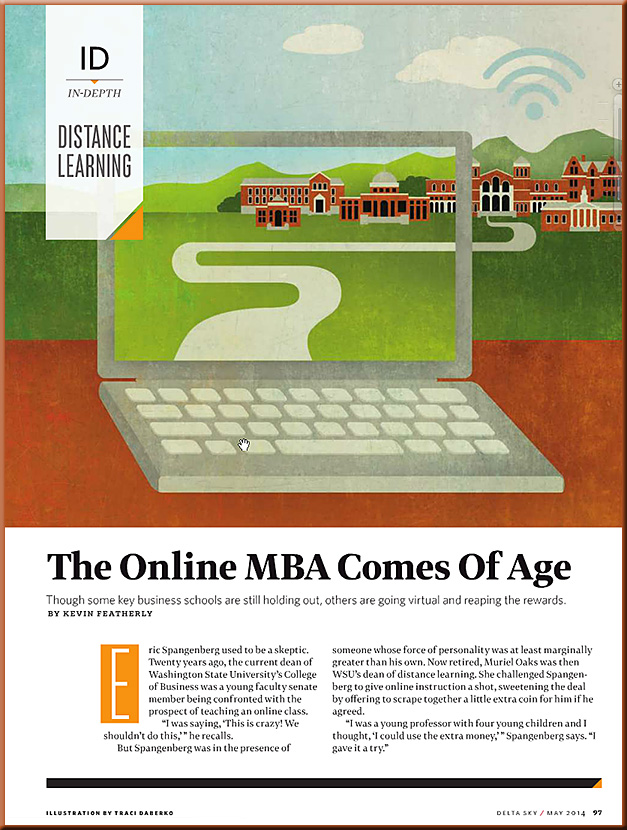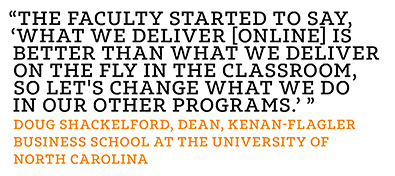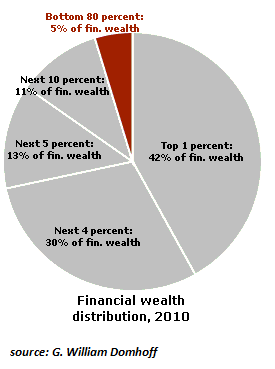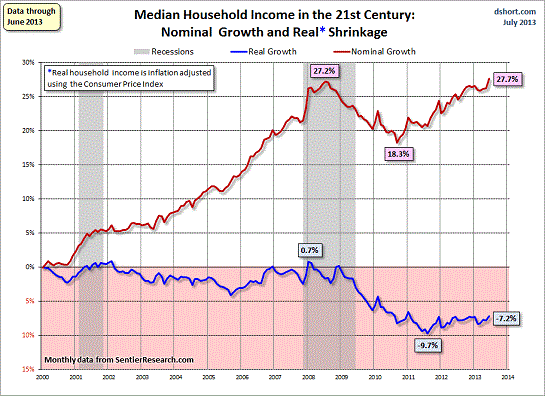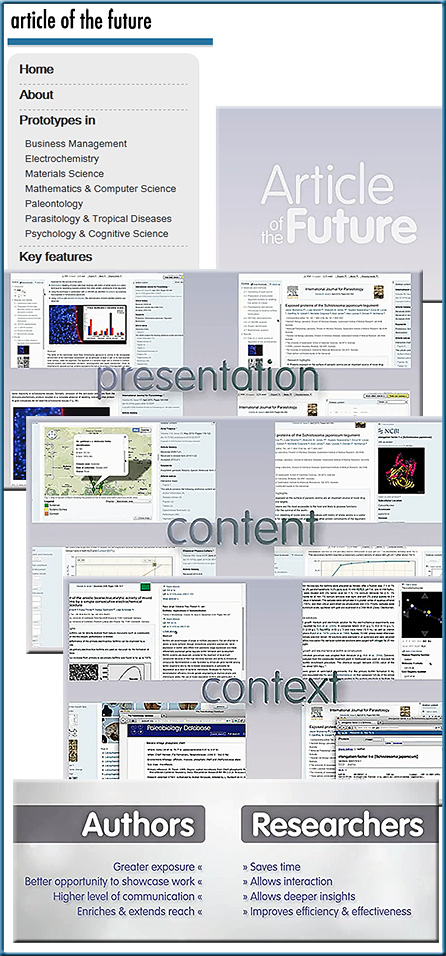From DSC:
The two items mentioned below — which I recently ran across — took me back to a nagging thought:
In the United States, we need for our businesses to pursue a higher calling and purpose. We need businesses to ask how they might best be serving society/others; and I, as an individual, need to be asking the same thing.
It’s tough to do. It’s easy to loose our footing here. But if culture eats strategy for breakfast — and if strategies are so key in navigating/surviving in a quickly-changing world — then why don’t we work more on our cultures? Our hearts? Our reasons for existing and working?
My guess is that employees would also find their work more meaningful if they saw how their companies were making significant contributions and differences in the world. For example, when I worked at Kraft (Foods) in the 90’s, we did some things like sending food to areas in crisis; but it wasn’t highlighted that much and it certainly wasn’t our reason for being. Can you imagine how we would have felt if it was one of our top goals to provide food to every single person in the world? I wonder how much more energy, commitment, creativity, innovation, etc. would have been generated with that sort of aim in mind? How would such a perspective/drive have affected the company’s culture? (Instead, Philip Morris purchased Kraft and had a negative affect on the company’s culture.)
The new marketing strategy: Company culture — from kristakotrla.com on March 17, 2013
Excerpt:
Dear Corporate Leadership
Please get back to being a business of people… serving people. Sounds a tad cheesy but seriously. Stop trying to be a big “corporatey,” over-processed, over-mechanized, over-bureaucratic, over-org-charted machine. Smoke and mirrors and perfection is out. Authentic, human, collaboration and innovation from real-time engagement is in.
If you treat your business like a machine then don’t be surprised when your employees act like passionless robots. Ever find yourself scratching your head wondering why on earth your machine-like, killer strategy isn’t thriving? Check your culture (and check your heart).
This one tweet reveals what’s wrong with American business — from LinkedIn.com by Henry Blodget
Excerpt (emphasis DSC):
The real problem is that American corporations, which are richer and more profitable than they have ever been in history (see chart below), have become so obsessed with “maximizing short-term profits” that they are no longer investing in their future, their people, and the country.
This short-term greed can be seen in many aspects of corporate behavior, from scrimping on investment to obsessing about quarterly earnings to fretting about daily fluctuations in stock prices. But it is most visible in the general cultural attitude toward average employees.
Employees are human beings. They devote their lives to creating value for customers, shareholders, and colleagues. And, in return, at least in theory, they share in the rewards of the value created by their team.
In theory.
In practice, American business culture has become so obsessed with maximizing short-term profits that employees aren’t regarded as people who are members of a team.
Rather, they are regarded as “costs.”
Corporate profits and profit margins are at the highest level in history…










